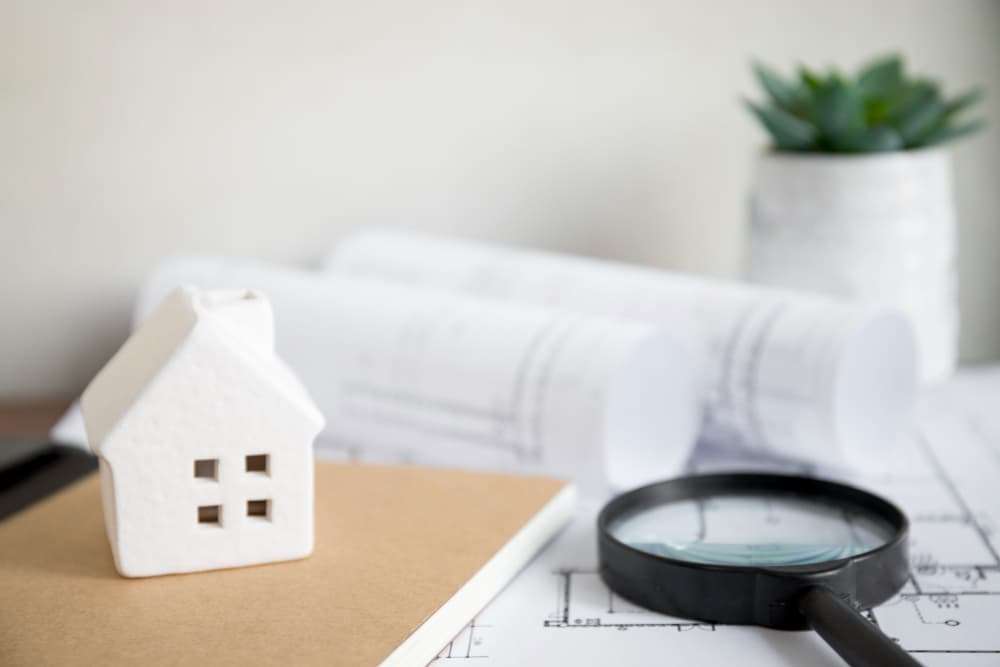Your First Home: A Beginner’s Blueprint for Home Buying Success

Embarking on the journey to purchase your first home is both exciting and daunting. To ensure a smooth process, here’s a comprehensive checklist for the first-time home buyer to guide you through every step.
Financial Preparation
As a first-time home buyer, your credit score plays a crucial role in securing favourable mortgage rates. Start by checking your credit report for errors and take steps to improve your score, such as paying down debt and avoiding new credit inquiries.
Determining your budget is essential for a first-time home buyer. Evaluate your income, debts, and expenses, and use online mortgage calculators to estimate what you can afford. Remember to factor in costs such as property taxes, homeowners insurance, and maintenance.
Accumulate savings for a down payment, closing costs, and an emergency fund. Aim to save at least 20% of the home price to avoid private mortgage insurance (PMI). Additionally, consider costs like moving expenses and initial repairs.
Mortgage Pre-Approval
Researching lenders is the next step for a first-time home buyer. Compare mortgage rates and terms from multiple lenders, including both traditional banks and online lenders, to find the best deal. Pay attention to the interest rates, loan terms, and any associated fees.
Obtaining a mortgage pre-approval letter involves submitting financial documents to a lender who will verify your income, credit score, and other financial details. This letter strengthens your offer by showing sellers that you are a serious buyer with the financial backing to complete the purchase.
House Hunting
Creating a list of must-haves and nice-to-haves in a home is crucial for a first-time home buyer. Consider factors such as the number of bedrooms and bathrooms, square footage, and special features like a garage or backyard.
Research potential neighbourhoods by looking at crime rates, school quality, proximity to work, public transportation, and local amenities like parks and shopping centres. Visiting neighbourhoods at different times of the day can help you get a feel for the area.
Hiring a reputable real estate agent can provide valuable insights, negotiate on your behalf, and help you find homes that meet your criteria. Look for an agent with experience in your desired neighbourhoods and positive reviews from past clients.
Making an Offer
Analyzing comparable sales in the area helps you make a competitive offer. Look at the sale prices of similar homes that have recently sold in the same neighbourhood. Your agent can provide a comparative market analysis (CMA) to help you determine a fair offer price.
Including a home inspection contingency in your offer is essential for a first-time home buyer. Hire a professional inspector to evaluate the property’s condition, identifying any issues that may need to be addressed before closing, such as structural problems, plumbing issues, or roof damage.
Finalizing the Purchase
Requesting repairs or credits based on the inspection report is the next step. Work with your agent to negotiate with the seller on who will cover the cost of necessary repairs or if the sale price will be adjusted to account for these issues.
Finalizing your mortgage application and locking in your interest rate involves providing your lender with any additional documentation they request. Review the loan estimate to understand all the costs associated with your mortgage.
Reviewing and signing all closing documents is the final step. Conduct a final walkthrough of the property to ensure it is in the agreed-upon condition. During the closing, you will pay any remaining fees and officially take ownership of the home.
Post-Purchase
Developing a maintenance schedule to keep your home in good condition is crucial for a first-time home buyer. Regular tasks include checking the HVAC system, cleaning gutters, and inspecting the roof for damage. Staying on top of maintenance can prevent costly repairs down the line.
Ensuring you have adequate homeowners insurance protects your investment from risks such as fire, theft, and natural disasters. Review your policy annually to make sure it covers the replacement cost of your home and personal belongings.
Familiarizing yourself with your new community and neighbours can make your new house feel like home. Join local groups, attend community events, and explore nearby parks and businesses to build connections in your neighbourhood.
By following this comprehensive checklist, the first-time home buyer can navigate the complexities of home buying with confidence and ease. Each step, from financial preparation to post-purchase activities, is designed to help you make informed decisions and secure your dream home.